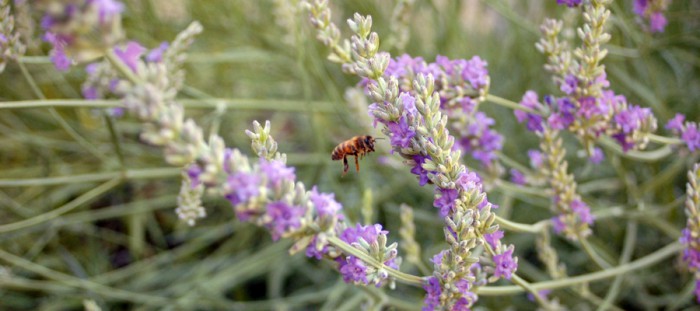The following story comes from our friends at Plateau Land and Wildlife Management and represents a great opportunity to establish “agricultural use” on smaller properties (5-20 acres) that would otherwise be too small for grazing livestock.
By Shane Kiefer, CWB, Senior Wildlife Biologist at Plateau
A new addition to the definition of “Agricultural Use” in the Tax Code (Sec.23.51(2)) makes beekeeping a qualified agricultural operation for property tax purposes. There are some restrictions: the bees must be used for pollination or production of a tangible product with commercial value (e.g. honey, wax, etc.) and the land used for such purposes must be 5-20 acres in size. Note that it does not require commercial production, which means you do not have to actually sell the products, unlike in other forms of agricultural use.
This is a potentially valuable class of agricultural production for landowners with 5-20 acre properties who want to establish their open-space (Ag) valuation without having to graze livestock on such a small area, which is unsustainable pretty much anywhere in Central or West Texas.
Wildlife management valuation is a great option for these properties but, as you know, it only applies to properties that are currently qualified open-space land, and you cannot yet build a 5 year history to apply for open-space based on doing wildlife activities. Beekeeping gives a new option for small acreage landowners who need to establish a 5-year agricultural history to acquire their open-space valuation.
While the Tax Code now allows for this type of agricultural use, the intensity standards and requirements in each appraisal district are not necessarily clearly defined. Appraisers around the state are no doubt working to outline local intensity standards. That means that you should not rush out and buy hives and a beekeeper suit until you speak with your appraisal district about the expected requirements.
As always, Plateau is here to help you manage the process of building up your agricultural history and working with the appraisal district to determine what is needed for your operation to be a success. If any of you have already had success with this type of operation in your county, please give them a call. They would love to hear your story.

